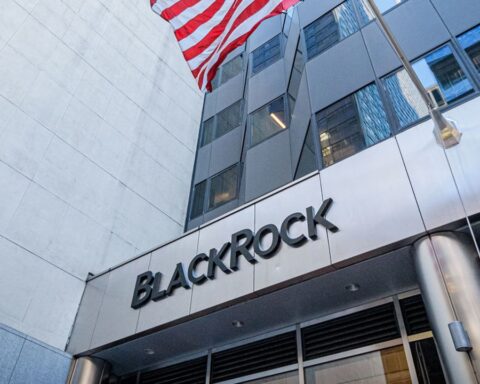The Hong Kong Securities and Futures Commission (SFC) has been inundated with crypto license applications, totaling 18 from various local and global players over a span of two months.
Among the applicants are prominent names like Huobi HK, Crypto.com, OKX, Bybit, and DFX Labs.
To meet the stringent licensing requirements, applicants must undergo thorough due diligence checks, including comprehensive financial audits, which can be a costly endeavor.
It’s reported that Web3 firms are spending up to $25 million to ensure compliance and build robust applications for these licenses.
The clarity provided by Hong Kong’s regulatory framework regarding exchange licensing has not only attracted crypto exchanges but also traditional brokerages like Tiger Brokers.
READ MORE: Zap Protocol – How Can You Buy ZAP and is it a Good Investment?
Tiger Brokers recently expanded its SFC license to incorporate crypto trading, acknowledging the growing significance of cryptocurrencies as an asset class and leveraging its fintech expertise to integrate Web3 technology.
Additionally, Harvest Hong Kong, a major Chinese fund manager, submitted the first application for a spot Bitcoin exchange-traded fund (ETF) on Jan. 26, marking a significant development in Hong Kong’s crypto landscape.
In terms of security measures, Hong Kong has imposed a minimum insurance requirement of 50% for licensed crypto exchanges to safeguard customers’ assets.
Notably, OSL Exchange has taken steps to exceed this requirement by partnering with Canopius, a Lloyd’s of London underwriter syndicate, to secure an insurance policy covering 95% of its users’ assets over a two-year period.
This underscores the increasing focus on security and risk mitigation within the crypto industry.
Read the latest crypto news today




